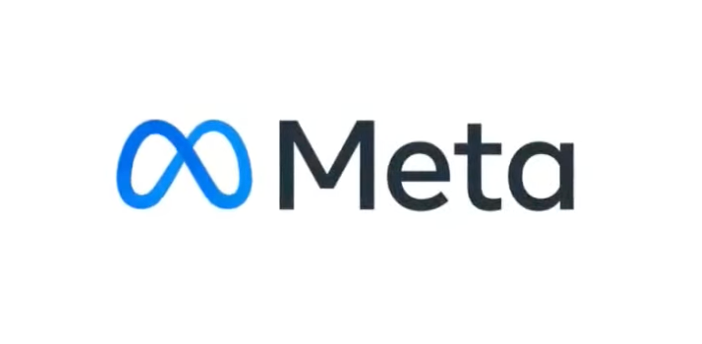Facebook changes name to ‘Meta’ as it focuses on metaverse and tries to move on from controversies
App will continue to be known as Facebook – but branding likely to disappear from everywhere else
Your support helps us to tell the story
From reproductive rights to climate change to Big Tech, The Independent is on the ground when the story is developing. Whether it's investigating the financials of Elon Musk's pro-Trump PAC or producing our latest documentary, 'The A Word', which shines a light on the American women fighting for reproductive rights, we know how important it is to parse out the facts from the messaging.
At such a critical moment in US history, we need reporters on the ground. Your donation allows us to keep sending journalists to speak to both sides of the story.
The Independent is trusted by Americans across the entire political spectrum. And unlike many other quality news outlets, we choose not to lock Americans out of our reporting and analysis with paywalls. We believe quality journalism should be available to everyone, paid for by those who can afford it.
Your support makes all the difference.Facebook is changing its name, chief executive Mark Zuckerberg has announced.
The parent company will now be known as “Meta”, he said. It will also get a new logo, with a blue “M”.

The change is an attempt to bring focus to its work on the “metaverse”, as it refers to a host of augmented and virtual reality features that it claims will be the future of social networking.
But it might also be an attempt to shift focus away from its ongoing controversies.
Mr Zuckerberg said the name “Facebook” does not reflect everything the company did, pointing to existing separate apps such as Instagram and its Oculus virtual reality platform.
“Over time, I hope that we’re seen as a metaverse company,” he said. “And I want to anchor identity on what we’re building towards.”
Facebook the app will keep its name, and Meta will refer only to the parent company that also owns other apps such as WhatsApp and Instagram. As such, it is similar to the rebrand of Google into Alphabet – which kept the name for the search engine, but changed the branding of the umbrella company in recognition of its other work.
“From now on, we’re going to be metaverse first, not Facebook first,” Mr Zuckerberg said. He suggested that Facebook app and branding will be removed from other apps, and that it will instead look to push the new Meta name.
In recent years, Facebook has looked to push that name even in its other apps, including a rebrand to WhatsApp and Instagram that added “from Facebook” to both of their names in 2019. Comments from Mr Zuckerberg suggested such changes will be reversed, and those will instead be advertised as being from Meta.
Such changes – as well as the dropping of the Facebook brand more broadly – could be in recognition of the rapidly dropping reputation of the Facebook brand in recent months and years. The company has faced numerous privacy scandals and other criticism, and recent weeks have brought damaging leaks from a whistleblower who revealed deep division at Facebook.
Mr Zuckerberg announced his company’s new name during a 90-minute presentation in which he argued that the metaverse will be the future of both his company and the internet.
He showed how through the use of virtual reality goggles and smart glasses, users will be able to add virtual objects to the real world. They could hang out with friends as well as appear in real meetings as holograms, he suggested.
But he also noted that much of the technology underpinning the metaverse is yet to be developed, and gave no information about when Facebook plans to release it or what existing technology it has to power it.
Instead, the presentation largely focused on relatively modest promises for the future: that people would be able to visit a virtual recreation of their home, for instance, or play chess against people across the world over the internet on a virtual chessboard that was superimposed on the real world.
The only concrete announcement beyond the name change was a new, more expensive virtual reality headset named “Cambria”. Even that had scant details and will not be available until next year.

Join our commenting forum
Join thought-provoking conversations, follow other Independent readers and see their replies
Comments